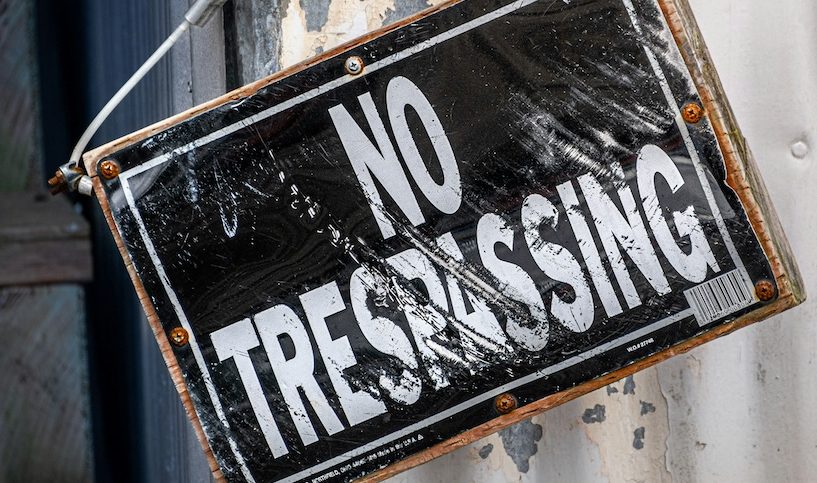In a world that often equates busyness with success, saying “no” can feel like a radical act. Whether it’s declining an extra task at work, skipping a social event, or turning down a favor, the simple two-letter word carries immense power. Yet, many of us struggle to use it, fearing judgment, guilt, or missed opportunities. However, as author Brené Brown writes, “Daring to set boundaries is about having the courage to love ourselves, even when we risk disappointing others.”
Saying no is not just about refusing a request—it’s about reclaiming your time, energy, and mental well-being. It’s a skill that empowers you to prioritize what truly matters in your life. Here’s how embracing the power of no can transform your daily experience and help you create a better life.
Why Saying No Is So Hard
Our reluctance to say no often stems from deeply ingrained beliefs. Many of us grow up associating “no” with selfishness or negativity. Dr. Vanessa Bohns, a social psychologist and author of You Have More Influence Than You Think, explains, “We tend to overestimate how harshly people will judge us for saying no. The reality is, most people are more understanding than we give them credit for.”
Additionally, the fear of missing out (FOMO) can drive us to agree to things we don’t genuinely want to do. Social media amplifies this by constantly showing us the highlights of others’ lives, making it seem like saying yes is the only way to keep up. But as author Greg McKeown reminds us in Essentialism, “If you don’t prioritize your life, someone else will.”
The Benefits of Boundaries
When you say yes to things you don’t want to do, you’re essentially saying no to yourself. Over time, this can lead to burnout, resentment, and even health issues. Conversely, setting boundaries can improve your relationships, productivity, and overall happiness.
“Boundaries aren’t walls; they’re guidelines that protect the space where your soul resides,” says Dr. Henry Cloud, co-author of Boundaries: When to Say Yes, How to Say No to Take Control of Your Life. By saying no, you’re not shutting people out—you’re creating space for what aligns with your values and goals.
Saying no also cultivates self-respect. Each time you stand up for your needs, you reinforce your self-worth. It’s a powerful reminder that your time and energy are finite and deserve to be used wisely.
How to Say No Gracefully
Saying no doesn’t have to mean being blunt or rude. With the right approach, you can decline while maintaining your relationships and self-respect.
- Be Direct Yet Kind
Skip elaborate excuses and simply say, “I’m sorry, I can’t.” As author and entrepreneur Seth Godin puts it, “You don’t need to explain. ‘No’ is a complete sentence.” - Offer an Alternative
If you want to soften the no, suggest a different option. For example, “I can’t meet this week, but I’d love to catch up next month.” - Use the “Delay Tactic”
If you’re caught off guard, buy yourself time to think. Say, “Let me check my schedule and get back to you.” This gives you space to decide without pressure. - Practice in Low-Stakes Situations
Start by saying no to small, everyday requests, like declining an extra errand or skipping a non-essential meeting. As you gain confidence, it becomes easier to say no to bigger demands.
Real-Life Stories of Saying No
Writer and activist Glennon Doyle shared her journey to embracing no in her memoir, Untamed. “Every time I say yes to something I don’t want, I’m saying no to something I do want,” she writes. By learning to say no, Doyle reclaimed her time for writing, family, and self-discovery.
Similarly, Steve Jobs famously credited his focus and success to his ability to say no. “People think focus means saying yes to the thing you’ve got to focus on,” he once said. “But that’s not what it means at all. It means saying no to the hundred other good ideas.”
The Courage to Disappoint Others
One of the hardest parts of saying no is dealing with the possibility of disappointing someone. But as author Rachel Hollis reminds us in Girl, Stop Apologizing, “Someone else’s opinion of you is none of your business.”
Saying no might cause short-term discomfort, but it paves the way for long-term fulfillment. The people who truly care about you will respect your boundaries, and those who don’t may not be worth your time anyway.
Saying no is not an act of selfishness—it’s an act of self-respect. It’s a declaration that your time, energy, and priorities matter. By learning to say no, you’re saying yes to a more intentional, balanced, and fulfilling life.
So the next time you’re tempted to say yes out of guilt or obligation, pause and remember this advice from Oprah Winfrey: “You have to know what sparks the light in you so that you, in your own way, can illuminate the world.” Saying no is how you keep that light alive.
Photo by Joseph Corl on Unsplash.











